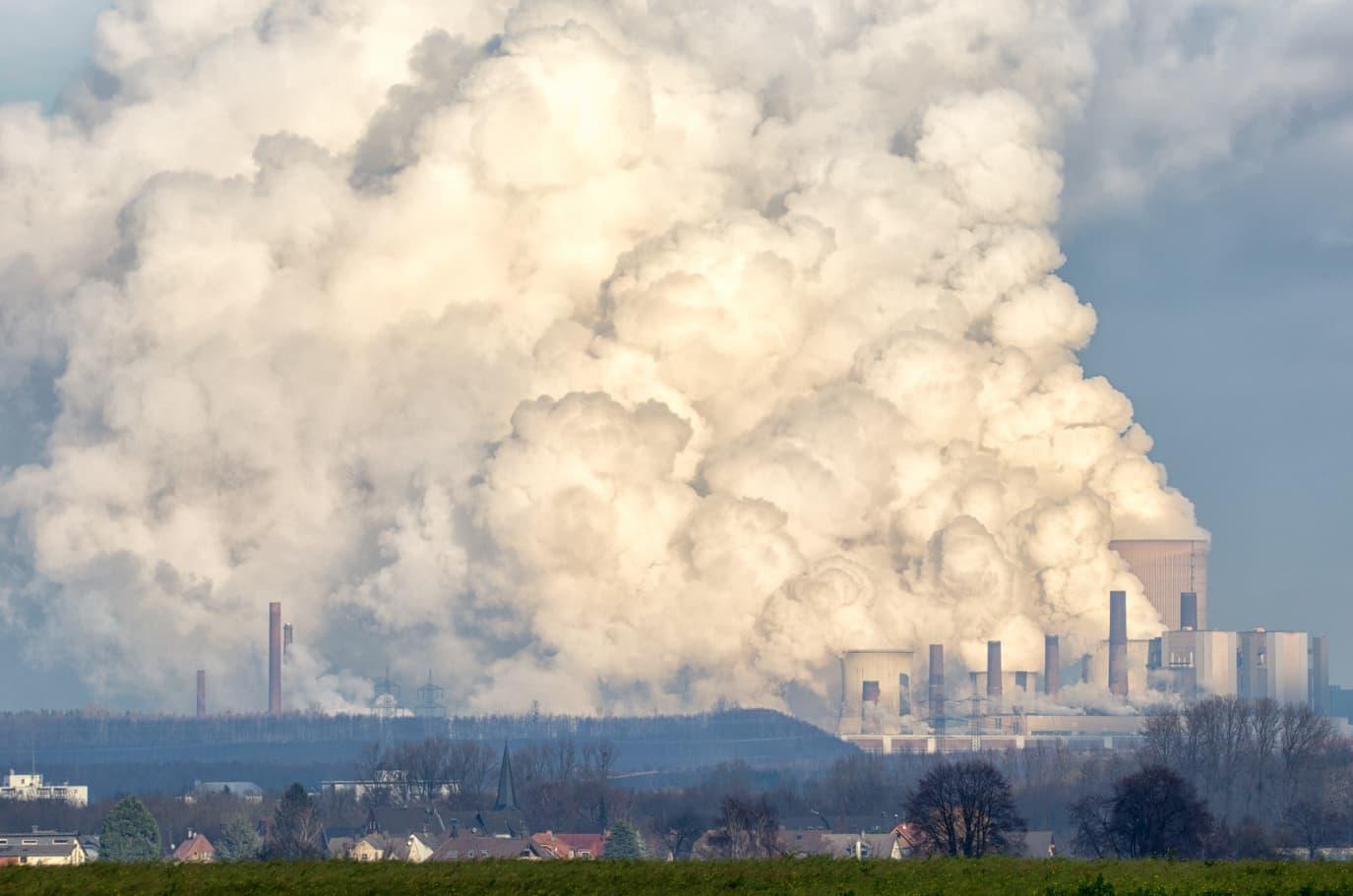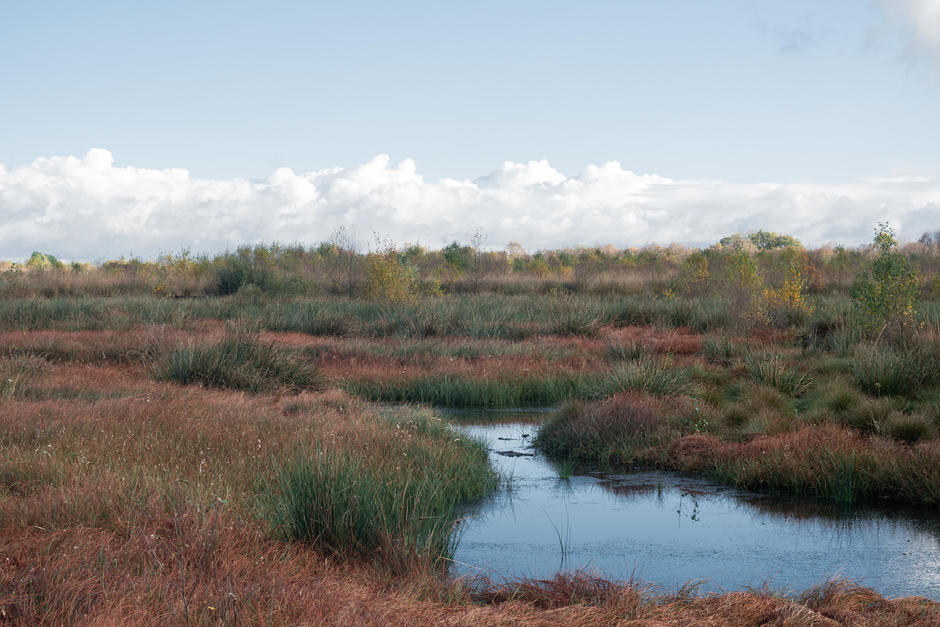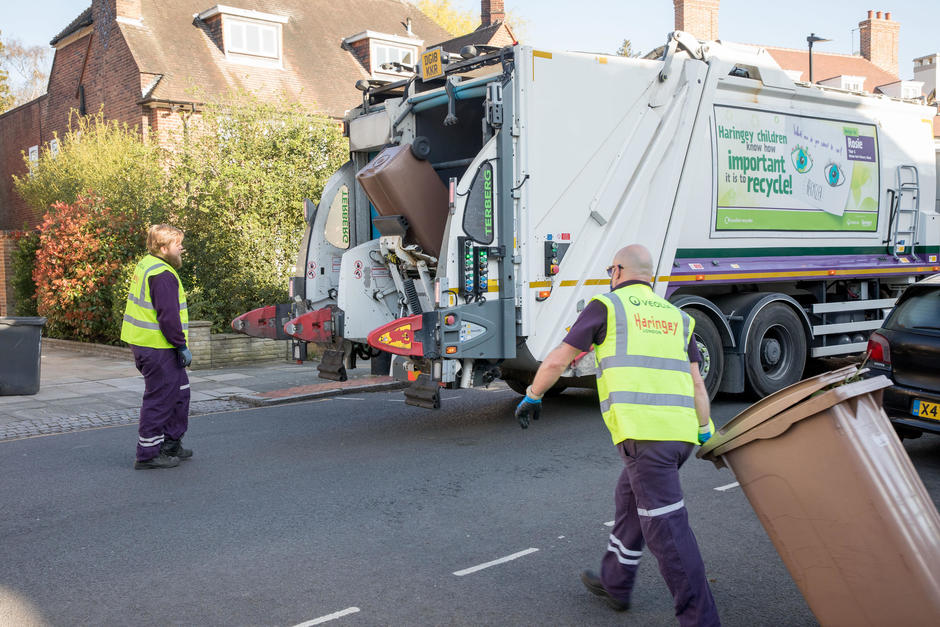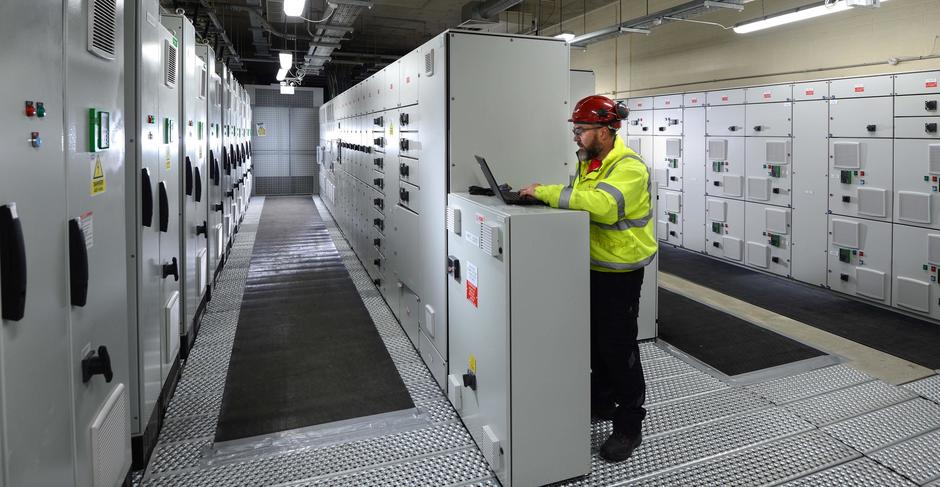DEFRA/EA: Unlimited financial penalties for environmental offences announced
The Department for Environment, Food and Rural Affairs (DEFRA) and the Environment Agency (EA) have announced that companies who pollute the environment can now face unlimited fines. The previous £250,000 cap on Variable Monetary Penalties (VMPs) has now been scrapped, and the range of offences they cover has been expanded, meaning the EA has more tools to hold businesses to account. More offences are now covered under the penalty. This includes:
Breach of permit conditions from sites that discharge into rivers and seas - for example, from sewage treatment works and permitted storm overflows.Illegal discharges to water where there is no permit, such as in the event of agricultural pollution from slurry stores.Illegal waste offences, such as from illegal scrap yards or unpermitted waste management facilities. Permit breaches from manufacturing industries and power stations which contribute to air pollution.
The changes, which follow a consultation in Spring 2023, affect all firms that have environmental permits, including water and waste companies, as well as the agricultural sector and process industries.
DESNZ: Announced significant expansion of nuclear power
The Department for Energy Security and Net Zero (DESNZ) has announced its Civil Nuclear Roadmap, outlining intentions to quadruple nuclear power capacity to 24 gigawatts (GW) by 2050. This would represent the most significant nuclear expansion in 70 years, capable of providing a quarter of the country's projected electricity needs. Plans Include:
- Exploring the construction of a new large-scale nuclear plant comparable to Sizewell C or Hinkley Point C, each able to power 6 million homes.
- Investing up to £300 million into domestic production of high-assay, low-enriched uranium(HALEU) fuel required for advanced reactors.
- The UK would be the first European country with commercial-scale HALEU production, intended to start early next decade. This could reduce reliance on Russia as the dominant global supplier.
- Ambitions to secure private investment commitments for 3-7GW of new nuclear capacity every five years from 2030 onwards.
- Streamlining regulation and planning processes to accelerate nuclear project development timelines.
- Continued progress on the SMR commercialisation competition.
Further aspirations include utilising nuclear power for clean heat generation, hydrogen production, and medical isotope creation. Realising the 24GW target could support 80,000 additional jobs. Consultations have also been launched related to consenting reform and attracting private finance.

The roadmap aims to provide industry certainty on the government's intentions to grow the UK's nuclear sector significantly. This would bolster energy security, affordability and Net Zero transition progress.
DEFRA: Biodiversity Net Gain regulations commencement date confirmed
The UK government previously pledged that regulations making 10% biodiversity net gain (BNG) mandatory for most developments would commence in November 2023 as part of nature recovery plans under the 2021 Environment Act.
However, following the delay, the BNG regulations' start date has been confirmed as 12 February 2024. While key statutory instruments to enable BNG have been put forward, some related environmental regulations are still awaiting UK parliamentary approval. These additional regulations also relate to the biodiversity net gain hierarchy and concerns.
The proposed biodiversity gain hierarchy in the draft regulations could allow for the easier development of specific wildlife habitats. In response, DEFRA representatives have indicated the draft regulations could be amended before finalising to provide more alignment with planning policies on environmental protections. No changes to the hierarchy have been published. The relevant statutory instrument is yet to undergo parliamentary debate.





